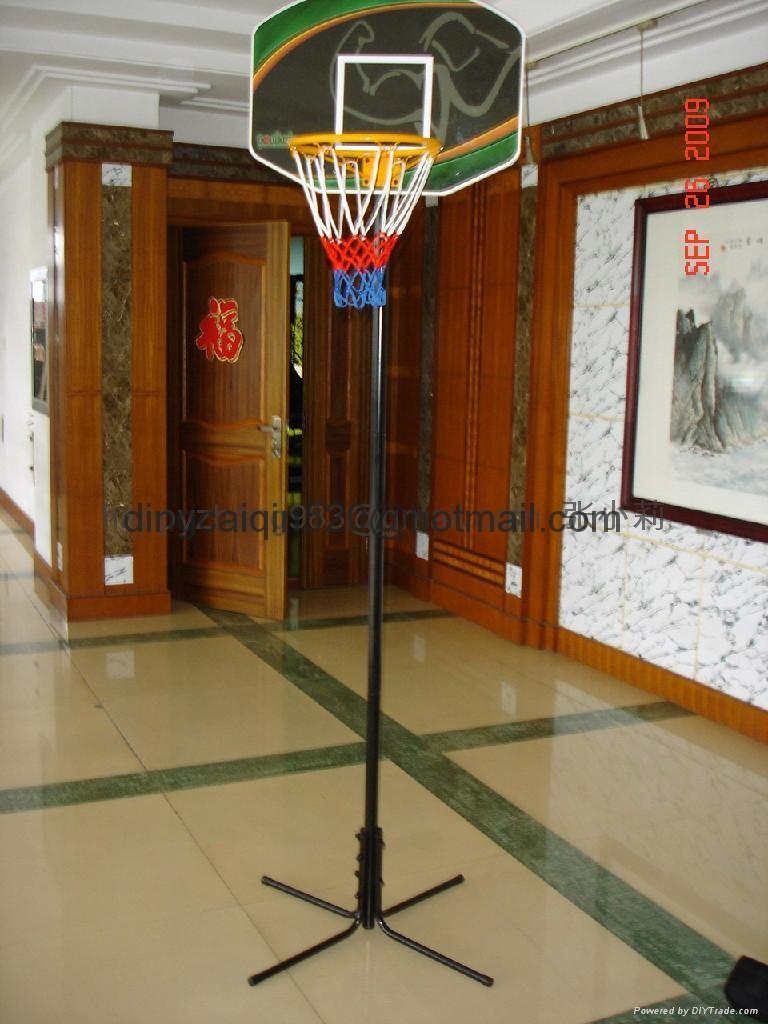

One of the most crushing defeats in our history seemed forgotten the instant news came through that Ireland had beaten Holland. Yet this second assumption, that it's our neighbours who go over the top, will be taken with a grain of salt by anyone who was in Munich the day England won 5-1. "And we've been lucky enough to get out of them without major injuries." His name is Rein van Duijnhoven. "We've played a few friendlies against Dutch teams," says Bochum's goalkeeper with a dry smile. They not only started this rivalry, they have also carried it to a point where it is obsessive, almost psychotic. Second, the mentally unstable party in this explosive relationship are the Dutch. First, Holland-Germany is one of the most heated rivalries in Europe. After 16 minutes, Ratingen came off the ice.Īs far as Germans are concerned, you can sum up the situation in two statements. Ice hockey is no game for sensitive souls, but 1,000 people chanted "Stop this!" as the Dutch ran amok. One local paper spoke of "unimaginable hunting scenes", saying the visitors had "sullied the sport' image in an unprecedented manner". Last September, German third division ice hockey club Ratingen Aliens played host to a team from across the border, the Eaters Geleen.



"People could have been killed," gasped a pale Ewald Lienen, then coaching Cologne.Īs far as Germans are concerned, you can sum up the situation in two statements. When the Germans made it 3-3, the stand with their 300 fans was invaded by thugs. Six months after the Leverkusen riots, Cologne played a pre-season match in the Dutch city of Groesbeek against Nijmegen. It was a friendly.Īnd it's not just Feyenoord. The police of North Rhine-Westphalia later announced that a third of all football-related arrests in the 1998-99 season had been made at this one game. It may have been an over-reaction, but fresh in the memory was a Feyenoord visit to Bayer Leverkusen that resulted in £180,000 worth of damage as 500 Dutch fans ran riot, smashing whatever was within reach and setting fire to a ticket booth. The last time Dortmund had played in Rotterdam, in September 1999, no German fans had made the trip because the club considered it too risky.


 0 kommentar(er)
0 kommentar(er)
